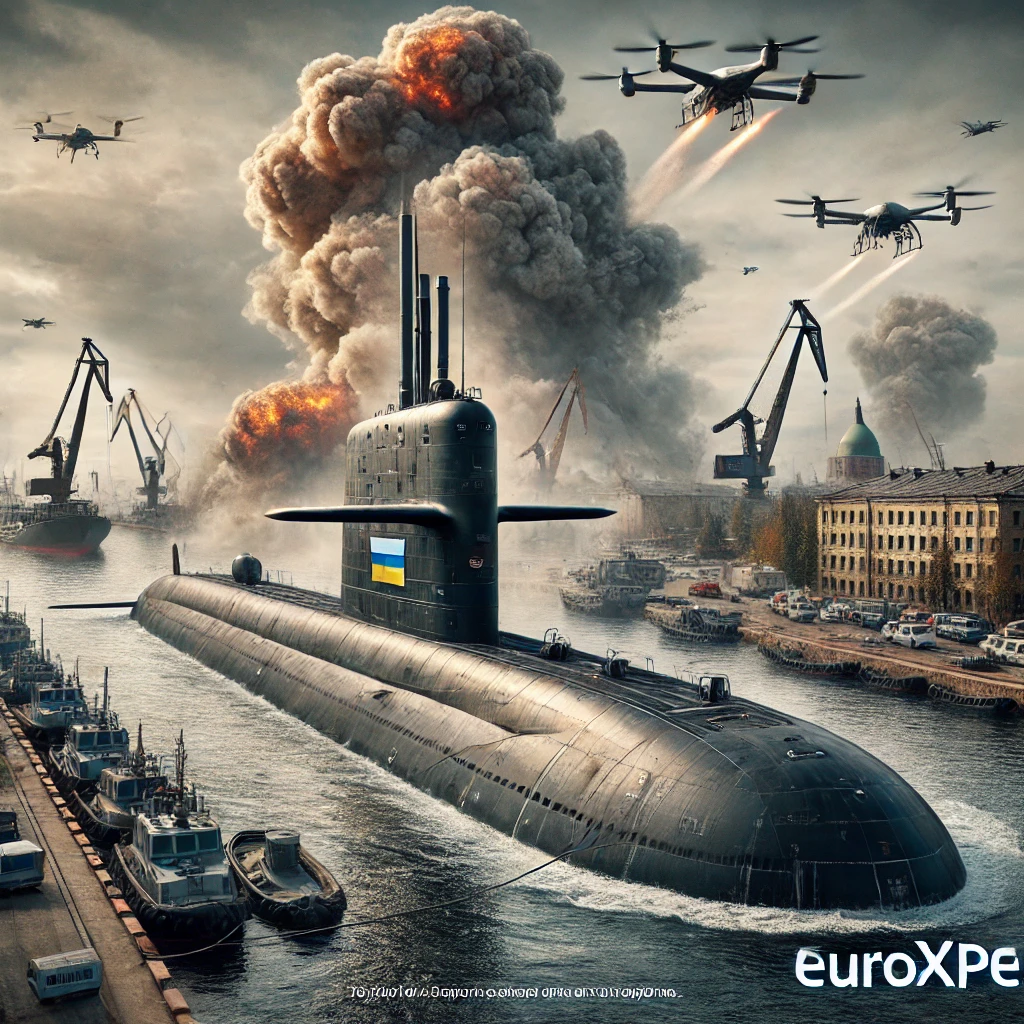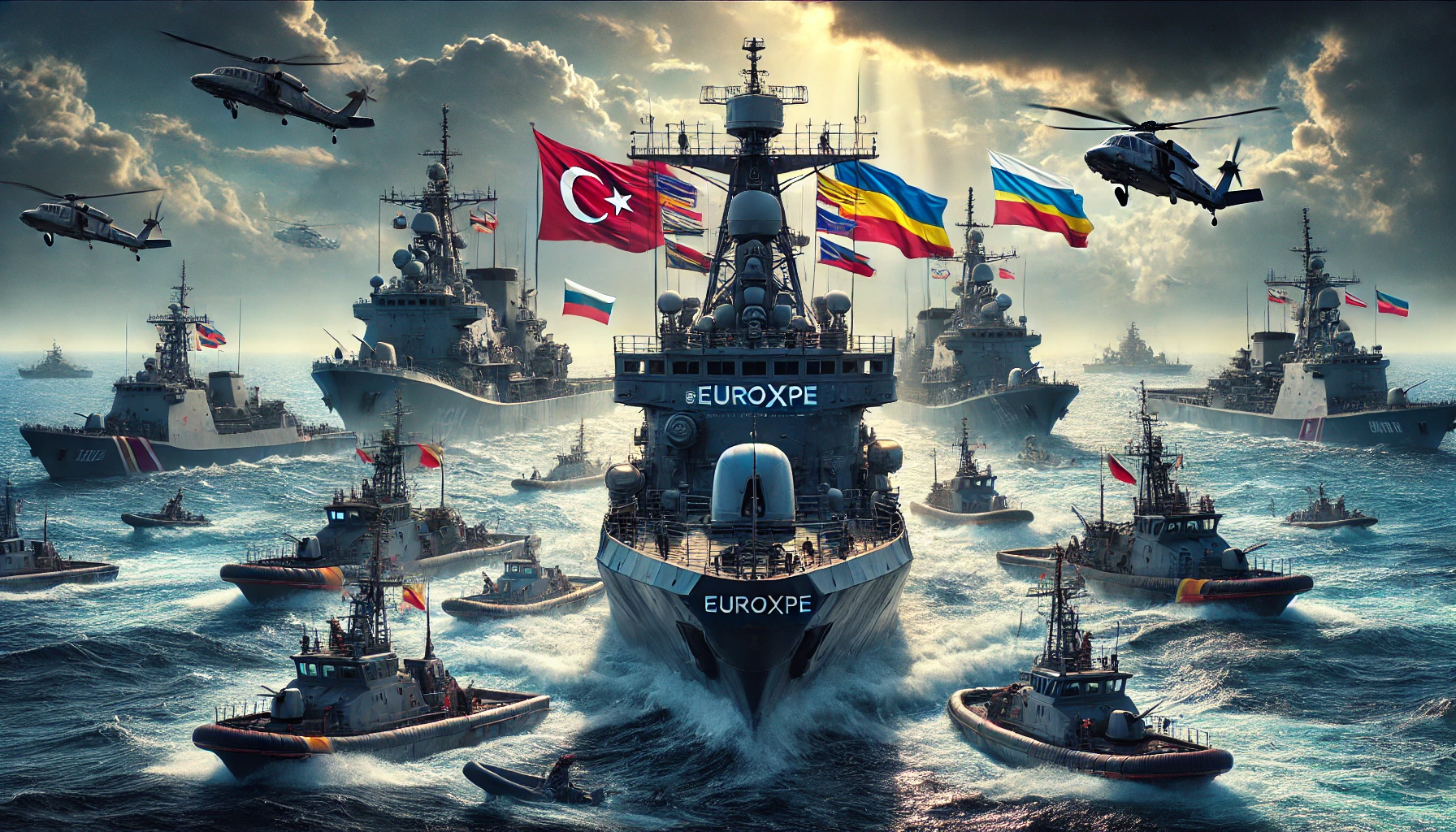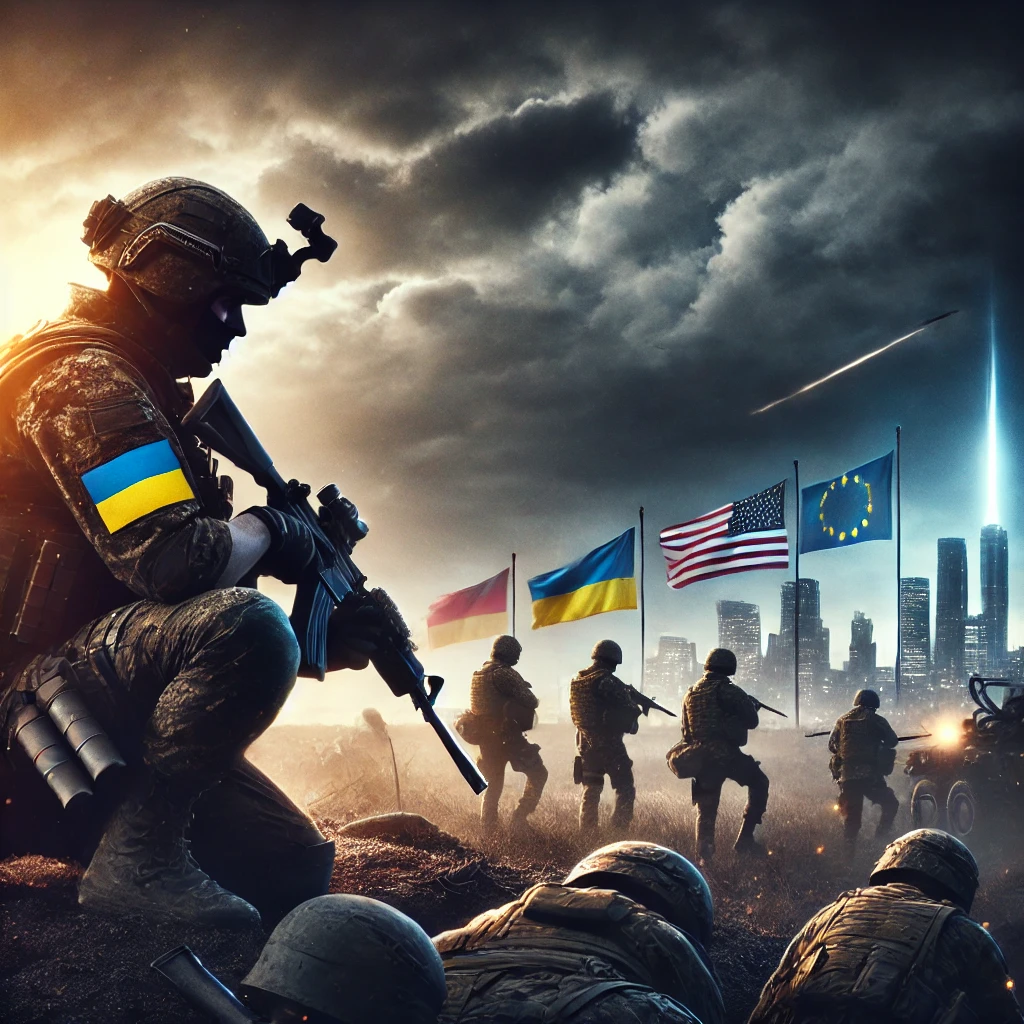Eighty nations convened at the Bürgenstock resort in Switzerland, culminating in a powerful call for the territorial integrity of Ukraine to underpin any peace agreement to end Russia’s ongoing conflict. However, notable absences and divergent stances among key developing countries underscore the complexities and challenges that lie ahead in the diplomatic arena.
This historic conference, spanning two days, saw the participation of around 100 delegations, primarily from Western countries but also including significant developing nations. Despite the absence of Russia, which was not invited, the event marked a significant milestone, reflecting a concerted global effort to outline a roadmap to peace. Attendees included high-profile leaders such as the presidents and prime ministers of France, Germany, Britain, Turkey, Japan, Poland, Argentina, Ecuador, Kenya, and Somalia. Vice President Kamala Harris represented the United States.
The joint communique emphasized the principles of the U.N. Charter, highlighting the necessity of respect for territorial integrity and sovereignty as the foundation for a comprehensive, just, and lasting peace in Ukraine. This stance, however, starkly contrasts with Russian President Vladimir Putin’s demands, which include Ukraine ceding more territory and abandoning its aspirations to join NATO.
Despite the unified call from many nations, several key countries did not endorse the final document. India, Mexico, Saudi Arabia, South Africa, Thailand, and the United Arab Emirates were represented by lower-level envoys or foreign ministers and chose not to sign. Brazil, present as an observer, also refrained from signing.
Swiss President Viola Amherd, who hosted the conference, expressed optimism about the diplomatic achievements. She noted that the “great majority” of participants agreed to the final document, showcasing the potential of diplomacy. Swiss Foreign Minister Ignazio Cassis mentioned plans to reach out to Russian authorities, although the specifics of this engagement remain undisclosed.
Ukrainian President Volodymyr Zelenskyy praised the conference as a “first step toward peace,” emphasizing that the communique is open for accession by any nation respecting the U.N. Charter. Zelenskyy also revealed ongoing discussions with unnamed countries willing to host a “second peace summit,” though no concrete timeline was provided. He accused China of attempting to undermine the Swiss conference, a claim Beijing has denied.
The path to maintaining momentum towards peace is fraught with challenges, particularly given recent battlefield developments, including Russian territorial gains. The conference’s outcome underscores a growing war fatigue and shifting global priorities, as evidenced by the participation of only about half of the U.N. member countries— a significant decrease from the overwhelming support seen in March 2022 when a U.N. General Assembly resolution condemned Russia’s invasion.
The absence of key developing nations from the final statement may reflect a strategic hesitation to antagonize Russia or a desire to maintain a balanced stance between Moscow, its ally China, and Western powers. This balancing act highlights the intricate dynamics at play in the quest for peace.
Despite skepticism about the conference’s immediate impact, it represents a crucial diplomatic effort amid the ongoing conflict. Qatar’s prime minister, Sheikh Mohammed bin Abdulrahman Al Thani, highlighted his country’s mediation efforts, which successfully reunited 34 Ukrainian children with their families, out of the 19,546 believed to have been deported or forcibly displaced.
The humanitarian aspect of the conflict was poignantly highlighted by Montenegro’s Prime Minister Milojko Spajic, who expressed deep concern over the plight of Ukrainian children. Kenyan President William Ruto condemned Russia’s invasion, calling it a “horrifying spectacle of carnage and devastation.”
In Kyiv, the reaction to the Swiss conference was mixed. Relatives of soldiers captured by Russia expressed cautious optimism, hoping for effective measures to influence Russia. Yana Shyrokyh, whose son has been in captivity since 2022, voiced a common sentiment: “I would really like to believe that this conference will have an impact.”
The Swiss conference marks a significant moment in the ongoing quest for peace in Ukraine, highlighting both the unity and the divisions within the international community. The road ahead remains uncertain, but the global call for respecting Ukraine’s territorial integrity is a powerful step towards a just and lasting peace.






